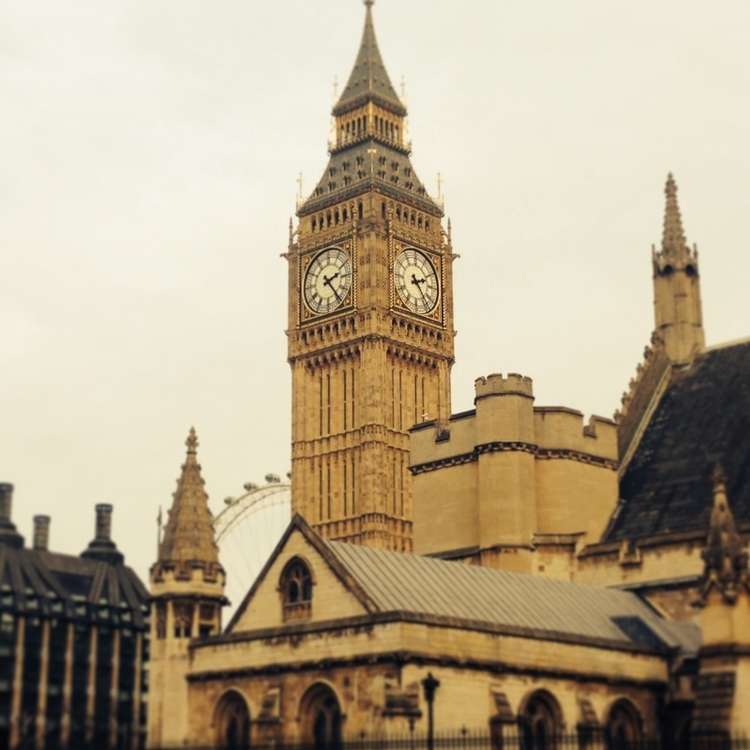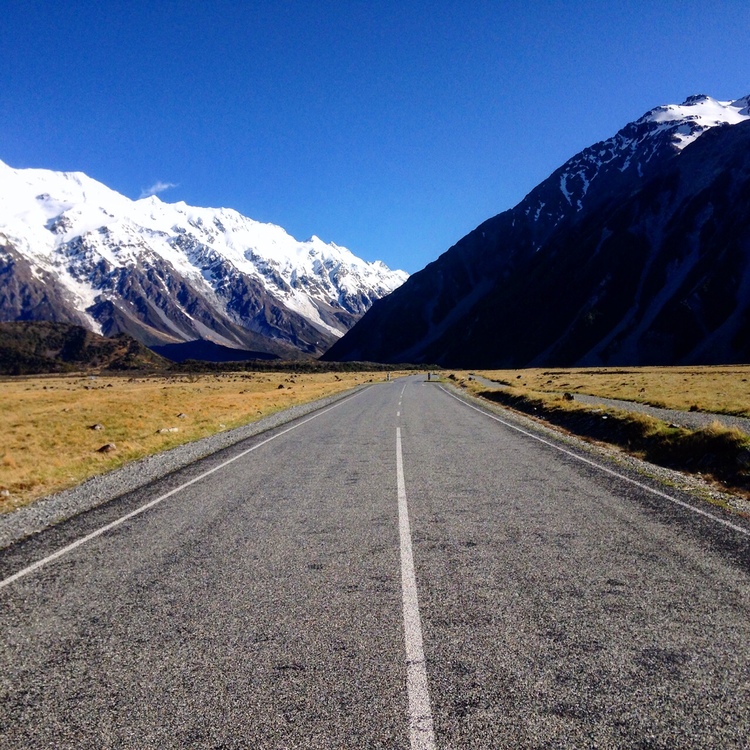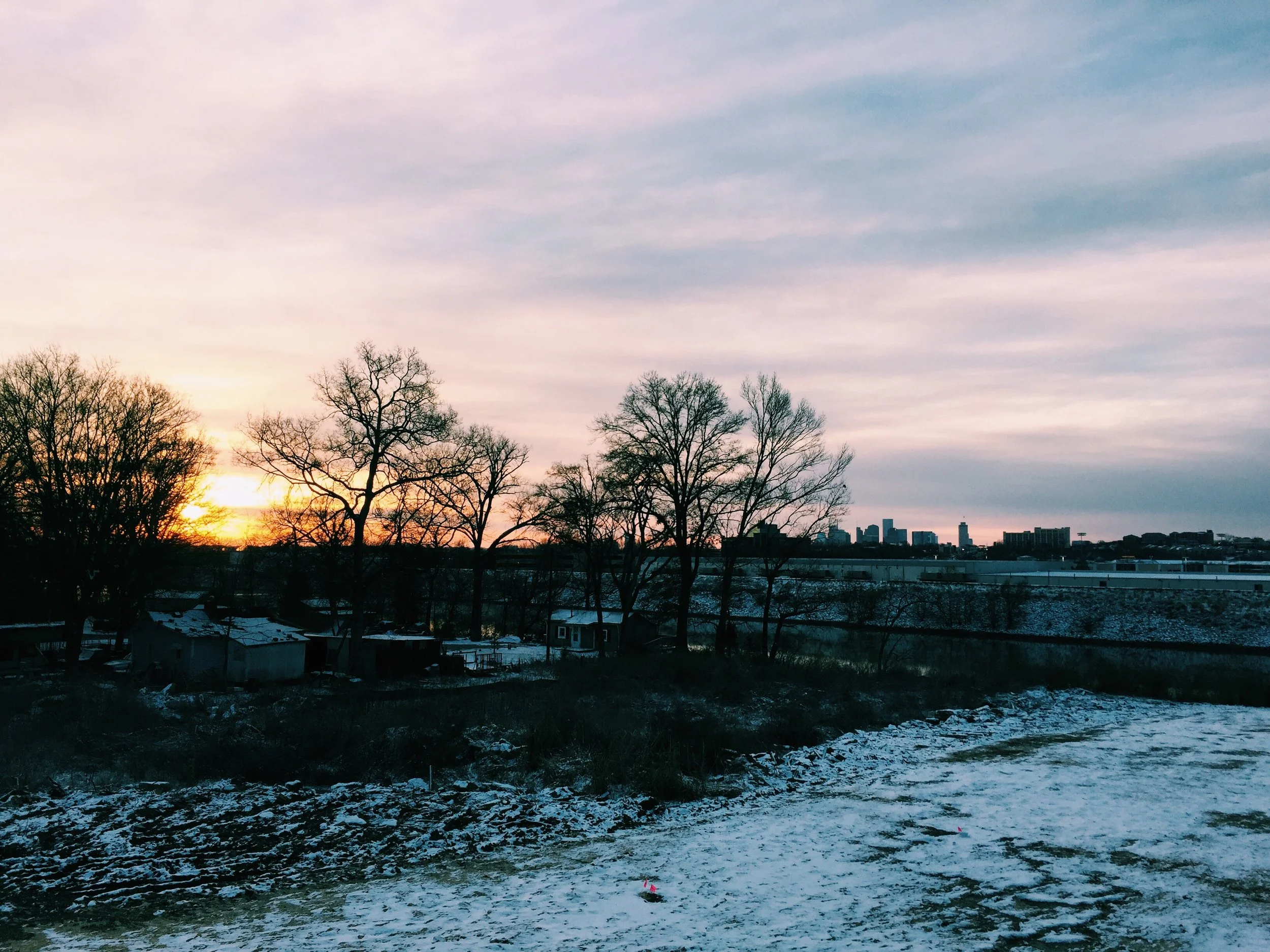How to Travel on a Post-Grad Budget, Part 2
As I said in my previous post—How to Travel on a Post-Grad Budget, Part 1—it is 180,000% possible to travel on a post-grad budget, and I will continue to defend this statement in a manner that is borderline aggressive.
Here are 4 more tips to help you save while traveling.
// PART 2: At Your Destination //
1. Don’t blow your money on food.
During my flight to New Zealand, I was a fool and bought dinner at LAX, spending ten dollars and fifty cents ($10.50!!!) for two (TWO) scrambled eggs, which would have been $16 New Zealand dollars, aka worth a meal far more satisfying than two (TWO!!) scrambled eggs at my final destination.
Don’t do stupid things like that with your money. Bring snacks with you to eat at the airport. Get a free cup of water at Starbucks or bring an empty refillable water bottle that you can fill at a water fountain once you’re through security. Just don’t spend $10.50 for two (TWO!!!!!) scrambled eggs at the airport.
Bring granola bars for breakfast. I’m serious. Stash away some protein bars or Poptarts to eat in the mornings (or if your accommodation provides free breakfast, take advantage of that), then you’ll only have to spend money on two meals per day instead of three. I did this during my two week stay in London in May 2015. The only time I broke this rule was when my friend and I wanted to splurge on some brunch in Covent Garden, and then we did brunch RIGHT (think: waffles and Bellinis and fancily-cooked eggs).
Keep the sit-down meals to a minimum. Market and street food is often cheaper than eating at a restaurant. When in Paris we had a crepe every day from a stall near our hostel for only 3 euros and yes, I count a crepe as a meal. In London, my friend and I lunched on bread, cheese, sausage and a bottle of wine from Borough Market for around £10 per person.
If your accommodation has one, use its kitchen to cook your meals. In New Zealand, many of my meals consisted of scrambled eggs, costing me only $1.80NZD for two eggs (TAKE THAT LAX!!!!), rather than eating at restaurants averaging between $15NZD - $25NZD for just the entree alone. And in Norway, we leaned heavily on grocery store meals and trail mix brought from home given an average meal out cost $35+. YIKES.
2. Stay in a hostel (or other inexpensive accommodation).
Save the fancy hotels with wraparound balconies for your 25th wedding anniversary when maybe your job will pay you more per hour than the equivalent of two (TWO!!!!) scrambled eggs at LAX.
Hostels.com is a great resource for finding hostel accommodation around the world. The site features user reviews of each place, too, so you can stay away from the extra sketchy ones. Once you’ve found a hostel you like, check the price directly on the hostel’s website as booking directly through the hostel can sometimes cheaper than booking through third-party sites like Hostels.com (but not always). When booking through Hostels.com, you pay a small deposit, and then pay the remainder of the balance when you arrive at your hostel. Hostelworld is also another great resource for finding hostels.
Since the hostel game isn’t as strong in the U.S. as it is in other countries, you can look for hotel accommodation on websites like expedia.com or hotwire.com, both sites that offer pretty reasonable hotel deals. We did this for a trip to New York last fall, booking a hotel right across the river from Manhattan for only $80/night per person, which in New York is considered inexpensive. Quite obviously, there’s Airbnb to consider or—better yet!—stay with someone you know in exchange for a nice meal or somethin’.
June 2017 update: Airbnbs have been my go-to accommodations for my trips to London and Norway this year. Split between my three friends, our London Airbnb cost less than it would have cost to stay in a hostel. I'll take sharing a loft with three of my best friends over sharing a dorm room with 19 snoring girls any day. Plus, the chance to stay at a sweet Norwegian farm home in a mountain valley? YES PLEASE.
Not already an Airbnb member?
- Use my offer code to get $40 off your first stay!
3. Use public transportation.
Taxis are expensive. Don’t use those unless you absolutely have to. Before you embark on your trip, do some research on public transportation options to find what will work best for your budget.
When it comes to transportation to and from the airport, first check to see if there’s public transportation, like a subway line, available to get you to the city center. Even if there’s not a public transportation option, there may be private companies offering bus or other transportation services (example: National Express offers bus services to area London airports for a low price).
As far as the U.S. goes, it may be cost-effective to utilize Uber or Lyft to get to and from the airport or around the city. I used Uber’s “first ride” free credit in Boston to get me to the airport at no charge.
Be strategic about what type of public transportation pass you purchase. Do the appropriate research to see which type of travel card makes the most sense for your stay as cities often have various options to choose from, like pay-as-you-go and weekly travelcards.
Buses also tend to be a cheaper option than the subway. In London, a single adult bus fare costs £1.50 (versus the Tube’s £2.40 single off-peak fare).
Better yet: walk. It’s free, and it’s a better way to experience the place you’re in.
4. Do free things at your destination.
That sounds obvious, yes, but doing free things at your destination is a necessary component of traveling on a post-grad budget. Depending on where you go, there are plenty of options for enjoying your time while spending little-to-no money doing so.
For instance, museums in London are free. Museums in Paris usually have a fee; however, the Louvre offers free admission during certain times: from October to March, Sundays are free entry to all, and on Friday evenings from 6 pm onward, anyone under the age of 26—regardless of nationality—can visit for free. Do some research about what you’re interested in doing and seeing during your trip to see if offers like these are available.
Want a guided tour of your city? See if a “free” walking tour is offered. We did one of these in Edinburgh; the tour was led by an unforgettably enthusiastic Scottish man, and at the end of it we were invited to tip based on what we saw fit. Check with those who work at your accommodation as they should be knowledgeable about low to no-cost attractions, like guided walking tours.
Honestly, though, the most memorable moments of travel consist of getting lost in the city or area you’re visiting. As my favorite travel writer Bill Bryson penned, “Traveling is more fun—hell, life is more fun—if you can treat it as a series of impulses.” My favorite memories of London consist of city wanders, the new Mumford and Sons’ album streaming through my ears with only whim as my guide. In fact, the unplanned meanders in all of my travels—from Boston to Los Angeles to Norway to New Zealand to all the others—remain as some of my fondest memories. Not only is exploring absolutely free, but it may turn out to be the best part of your trip.
***
Where are you headed next?
See How to Travel on a Budget: Part 1 for 5 tips on how to save while planning your trip.
Related Posts:
- Start saving up for your next trip with these 4 ways to earn extra cash.
- Travel Takeaways: 7 Things I Learned From My Backpacking Adventure
FREE PRINT
Do you like free things? Us too. How about this free print of a dope J.K. Rowling quote in 3 font options?










Hi friends,
Announcement (sounds so formal, doesn’t it?):
It's the end of an era.
I’ve decided that, after nearly 8 years of telling stories of navigating life, this season of Windrose is drawing to a close.